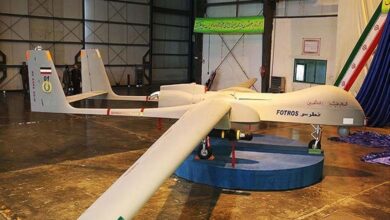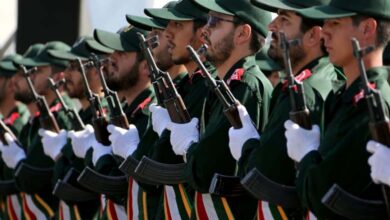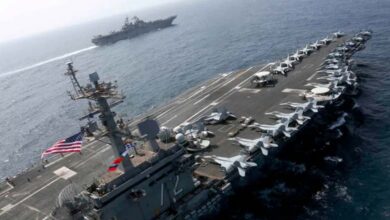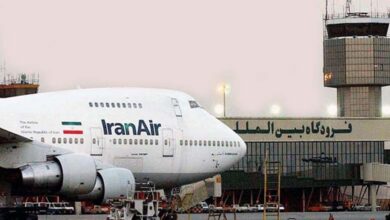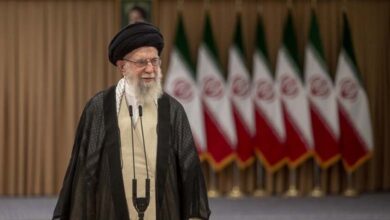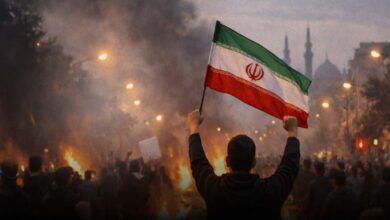Iran Does Not Rule Out a New War and Prepares for the Worst
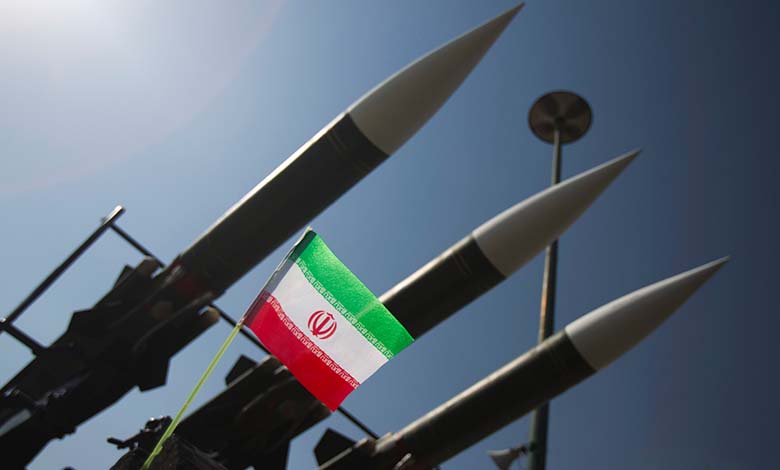
The senior military adviser to Iran’s Supreme Commander of the Armed Forces has warned that the current situation is nothing more than a fragile ceasefire that could collapse at any moment.
Major General Yahya Rahim Safavi did not rule out the prospect of a new war with Israel, stressing that Iran is bracing itself for the worst-case scenarios. He declared that the current truce and ceasefire could unravel at any time, emphasizing that Iran views the present stage not as a “ceasefire,” but rather as a “state of war.”
-
European Troika Poised to Confront Iran with the Sanctions Weapon
-
Assassinations and Kidnappings: Iran Responds to Western Accusations
Quoted by the state news agency IRNA on Sunday evening, Safavi remarked: “The outbreak of a new war is conceivable, and perhaps after that war, no further conflict will follow.” He added: “No protocol or agreement has ever been signed between us and the Israelis, nor between us and the Americans.”
He further explained: “As military professionals, we prepare scenarios based on the harshest contingencies and draft plans to meet the worst outcomes,” calling for simultaneous reinforcement of both defensive systems and offensive strategies.
-
Why Has Iran Reactivated Its National Defense Council?
-
Iran announces upcoming visit by IAEA inspectors within two weeks
According to Safavi, Israel and the United States believe that peace can only be imposed by force, a perception that obliges Iran to assert itself as a power both regionally and globally. The current ceasefire, following the twelve-day war in which Iran was hit by Israeli and later U.S. strikes targeting nuclear facilities, is, in his words, merely a precarious pause liable to collapse at any moment.
He argued that Iran must continue to strengthen not only its military capabilities, but also its diplomatic, media, cyber, missile, and drone arsenals. Safavi concluded: “The best defense is offense, and preparing for war is the surest path to securing peace.”
-
Production Gap: Deadly Flaw in U.S. Missile Shield Exposed by Iran War
-
Iran Drives Istanbul Nuclear Talks into a Deadlock
Some analysts forecast that a new military confrontation with Israel could be imminent and more violent than any past clash. Experts also contend that Tehran, having learned from previous engagements, is likely to respond with greater resolve in any future conflict.
Iran’s preparations reportedly include concealing nuclear scientists, establishing new command centers, and, according to certain reports, acquiring Chinese air defense systems to bolster its defensive capacity.
These statements coincided with fresh Israeli threats of a military strike on Iran, coming shortly after a ceasefire agreement took effect in June 2025.
-
Iranians Feel Unsafe After the 12-Day War
-
The battle is not over — Israeli Chief of Staff signals potential new confrontation with Iran
International reports reveal that Iran suffered heavy losses during the twelve-day war: the assassination of senior nuclear scientists and high-ranking Revolutionary Guard commanders, the partial destruction of its defenses and nuclear facilities, as well as hundreds of civilian casualties. Israeli and U.S. intelligence sources claim that airstrikes wiped out more than 80 percent of Iran’s air defense systems, dozens of missile batteries, and hundreds of ballistic missile and drone launch sites before they could be deployed.
The conflict also inflicted economic losses amounting to billions, paralyzed trade, and severely damaged infrastructure.
-
After signaling the snapback mechanism: Iranian-European talks scheduled for Friday in Istanbul
-
Adulterated Fuel Halts Iran’s President’s Trip… and a Taxi Saves the Day
Despite these setbacks, Iran sought to project resilience by launching missile strikes against Israel until the final stages of the war—strikes that, according to Israeli sources, killed 30 people and injured more than 1,300.
In light of these developments, the current situation is best described as a “latent state of war,” with both sides keeping their fingers on the trigger. The possibility of renewed hostilities remains high, and any future U.S. involvement is expected to be even more forceful than in the last confrontation.


